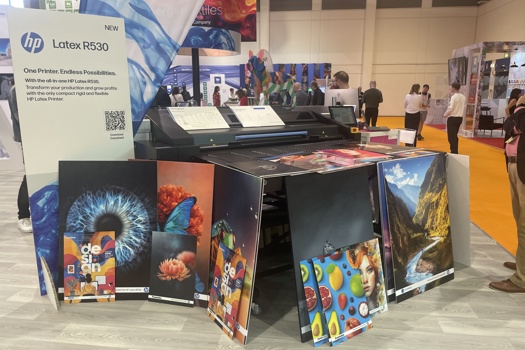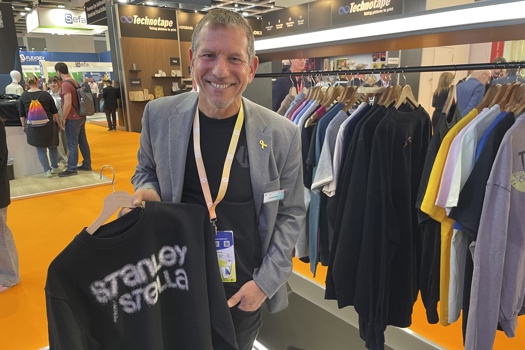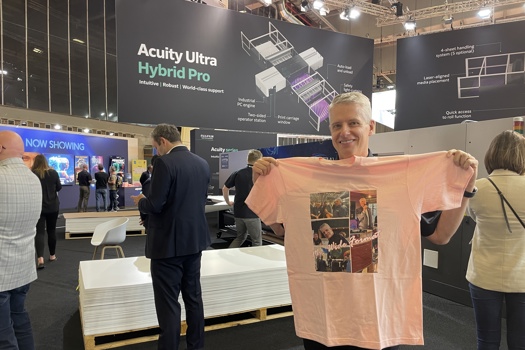Under its former guise, Feldmuehle Uetersen had initiated insolvency proceedings in January. It was bought five months later by Feldmuehle GmbH, an acquisition vehicle founded by Kairos Industries, a subsidiary of Berlin-based private equity company Beteiligungsgesellschaft.
On 19 November Feldmuehle GmbH then filed for an application at the Pinneberg Local Court to re-enter insolvency, although this time under its own administration.
The business said it had been “adversely and unforeseeably affected this current year by unexpected increased energy costs and procurement prices for raw materials” and that restructuring the company in the context of self-administration “provides for all necessary measures to improve the profitability and thus sustainable competitiveness of the company”.
The court ordered the provisional self-administration on the same day and Dietmar Penzlin of Schmidt-Jortzig Petersen Penzlin in Hamburg was appointed as provisional administrator, though Feldmuehle’s management team has continued to run the business.
With the management’s decision to switch its core focus to wet-strength and alkali-resistant label papers and flexible packaging papers, the business has shut down paper machine 2, which was used to produce graphic papers.
Employing around 400 staff previously, the company said the new business model only required around 180 staff. In a statement it said: "Employees leaving the company are offered to switch to a transfer company in order to further qualify for the job market."
Feldmuehle’s management presented their new business model to staff last Friday (7 December) and began “simultaneous commencement of the negotiation of the social plan with the works council”.
Based just west of Hamburg, Feldmuehle has a history stretching back to 1904. It became an independent mill again in 2015, after Stora Enso completed the sale of the business to German private equity fund Perusa Partners. The company serves both German and international markets.










